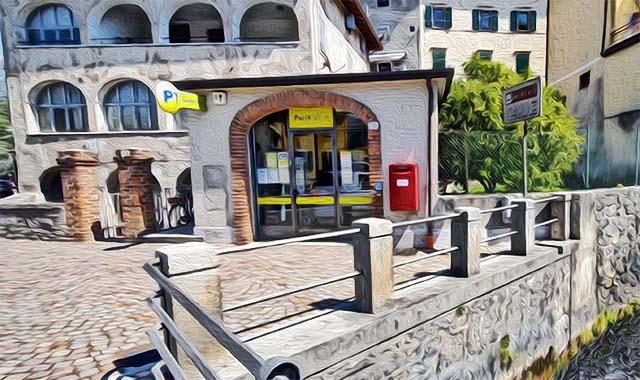The diversity of human capital as a source of wealth for a Company. Poste Italiane firmly believes in this principle, and translates it into concrete actions aimed at enhancing its greatest asset: People. Poste Italiane's Diversity&Inclusion Plan was approved by the Human Resources and Organisation function in the spring of 2021 after being developed through a bottom-up active participation process. Through the elaboration and formalisation of a Diversity & Inclusion policy by the Board of Directors, the Group has enshrined its guiding principles and values in the area of Diversity&Inclusion and has set itself ESG goals that are reflected in the company's annual report. At present, the 2021-2023 plan is composed of more than 30 project initiatives covering the entire corporate population and based on four pillars: gender, generations, vulnerability and disability, interculturality and inclusive culture. Project ownership involves all the different HR structures together with Corporate Social Responsibility in Corporate Affairs and the support of Internal Communication. The year that has just begun will provide the opportunity to consolidate some important initiatives that are already active and to launch other experiences, further enriching the pathways by which the corporate population will be able to grow.
Expressing potential
In fact, the plan's mission is to make Poste a leader in Diversity & Inclusion, a point of reference in the creation of inclusive work environments aimed at maximising the value of diversity and plurality in its human capital, where people feel valued for who they are. The starting point, which was also emphasised by the Poste Italiane CEO Matteo Del Fante during the meetings with Macro Area Managers, is that the main asset of our company is its People. It is therefore necessary to set in motion a process for the emergence and enhancement of this wealth through the involvement of Poste's employees in order to allow the full expression of each individual's potential, the creation of listening and trusting relationships, inclusive working environments and the improvement of organisational functioning through participation and disintermediation. From this need emerge the four fundamental pillars of a strategy that also relies on transversal communication, awareness and training initiatives that will reinforce the Plan's action and contribute to building an inclusive corporate culture capable of enhancing the value of diversity.












